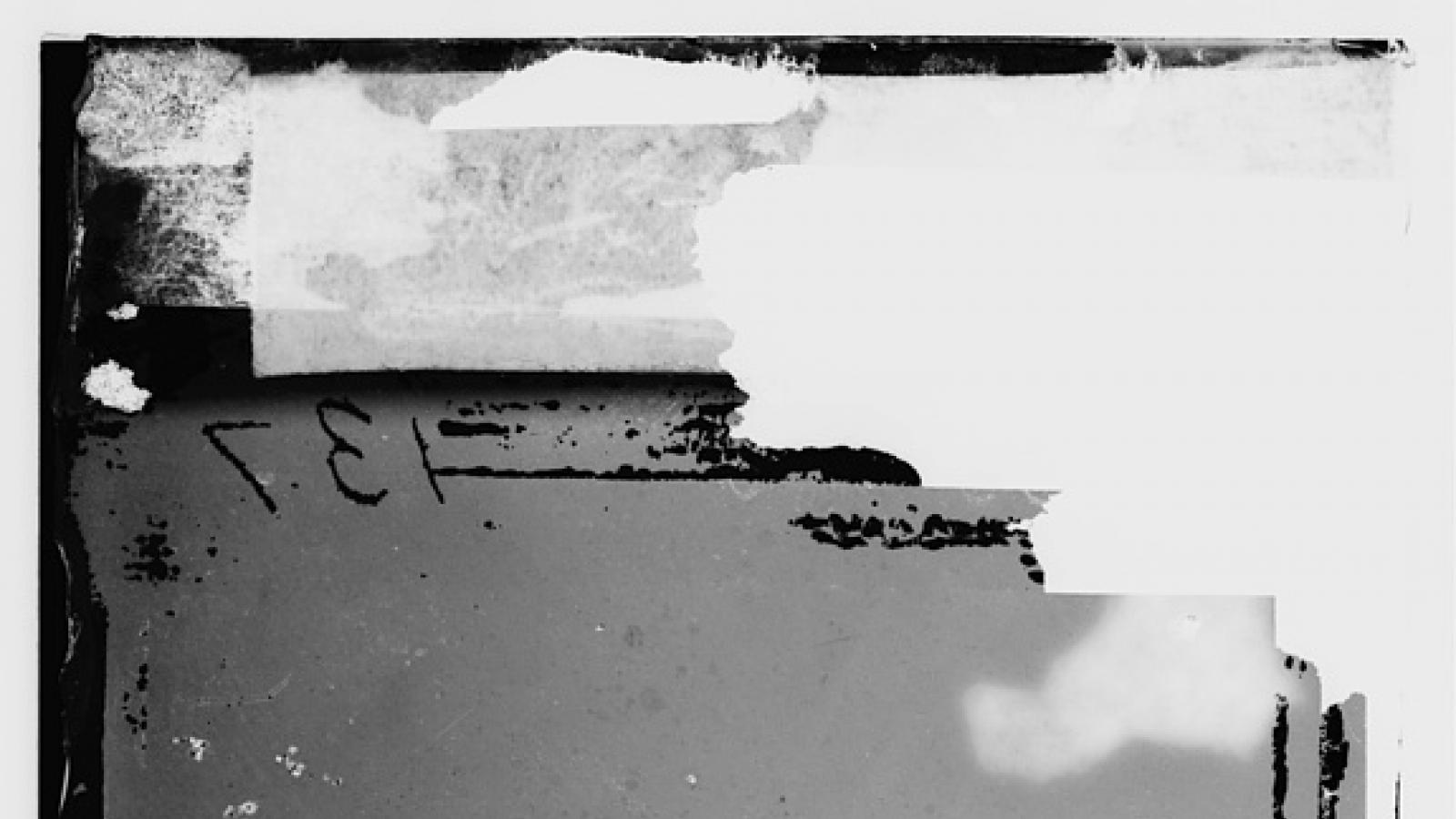Patriotism through A Poet's Eyes

As we get ready for Memorial Day, we thought we’d take a look at patriotism through a poet’s eyes; namely, Walt Whitman’s. When the Civil War broke out in 1861, Whitman was living and writing in Brooklyn, New York. But in 1862, he headed south after reading in the New York Herald that his brother, a Union soldier, had been injured in Fredericksburg. Whitman’s brother was ultimately fine—he suffered only minor scratches—though the poet was overwhelmed by the horrors he saw while in Virginia with him. The death, the illness, a pile of amputated limbs—the experience overwhelmed the senses, and moved Whitman to dedicate himself to caring for the wounded. He spent the remainder of the war in Washington, DC, ministering to hundreds if not thousands of broken and dying young men, writing letters for them, chatting with them, and bringing them small gifts such as fruit (he worked as a government clerk Washington to support his charitable tendencies). Whitman kept journals and maintained frequent correspondence with many, and his wartime writings shed light on what life was like during the capital during those dark days. The excerpt below is from a letter Whitman wrote to his mother on April 10, 1864, and gives a sense of how adversity can sometimes strengthen the patriotic spirit.
"Mother, you dont know what a feeling a man gets after being in the active sights & influences of the camp, the Army, the wounded &c.—he gets to have a deep feeling he never experienced before—the flag, the tune of Yankee Doodle, & similar things, produce an effect on a fellow never such before—I have seen some bring tears on the men's cheeks, & others turn pale, under such circumstances—I have a little flag (it belonged to one of our cavalry reg'ts) presented to me by one of the wounded—it was taken by the secesh in a cavalry fight, & rescued by our men in a bloody little skirmish, it cost three men's lives, just to get one little flag, four by three—our men rescued it, & tore it from the breast of a dead rebel—all that just for the name of getting their little banner back again—this man that got it was very badly wounded, & they let him keep it—I was with him a good deal, he wanted to give me something he said, he didn't expect to live, so he gave me the little banner as a keepsake—I mention this, Mother, to show you a specimen of the feeling—there isn't a reg't, cavalry or infantry, that wouldn't do the same, on occasion—"




